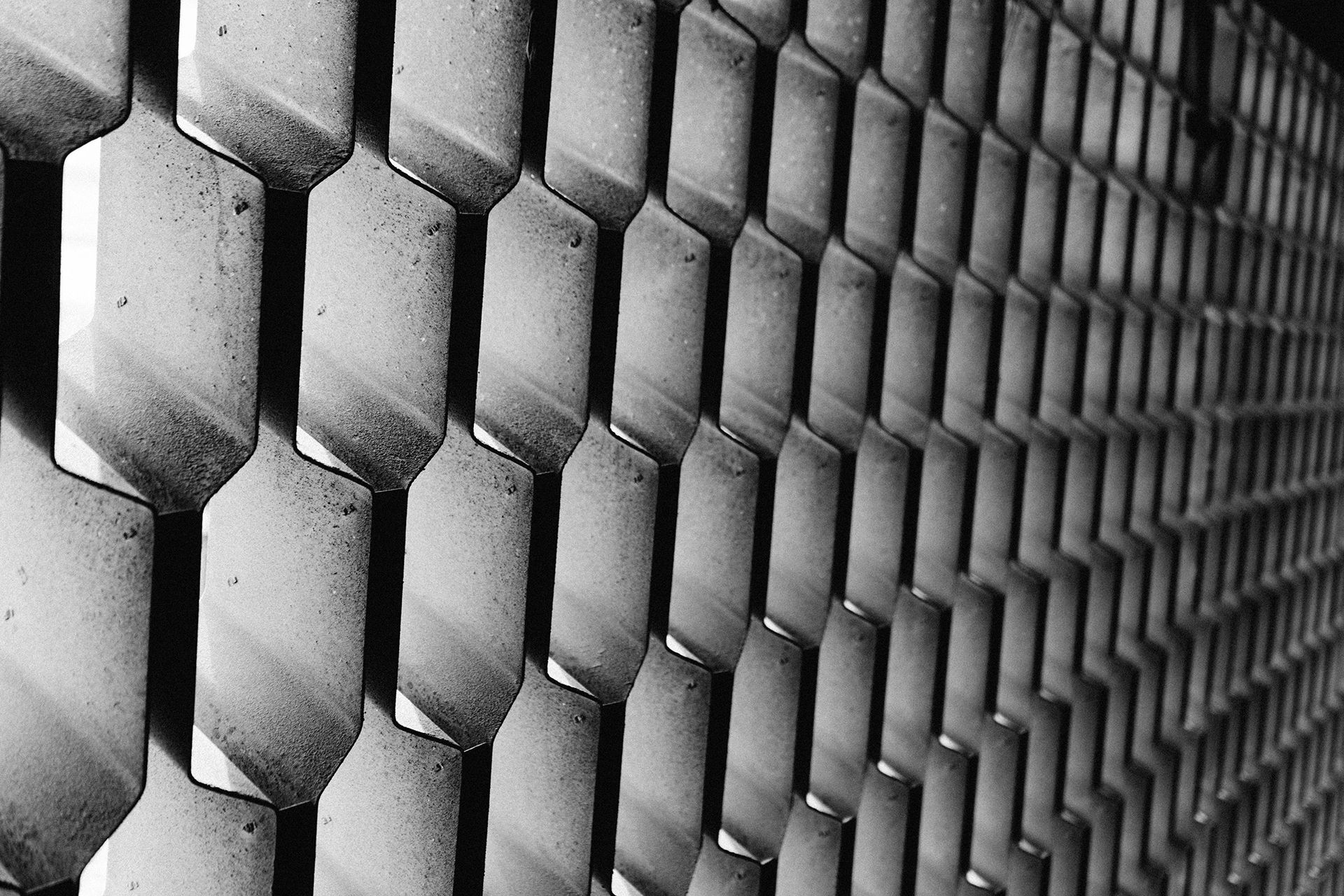If you’re worried about being punished by Google for duplicate content or having multiple URLs leading to the same content, canonical URLs let you specify openly which URL is your preferred version.

Duplicated content can hurt your SEO if not managed properly
How Do Canonical URLs Work?
Google posted in 2009 on their Official Webmaster Central Blog about how they support the preferred version of your URL. By being able to specify your preferred canonical URL, you can eliminate the risk of being punished for duplicate content, gives you control over which URL will be shown in the Search Engine Results Page (SERP), and makes sure your popularity statistics are consolidated to the link of your choice.
There are a few ways in which different links can lead to the same content. For example, your preferred URL may look like this:
https://husaria-marketing.com/product.php?item=silver-tier
You can still have multiple other URLs that lead to that page. You may have a slight change due to content variations as a result of various parameters. The following URL may lead to the same (or nearly same) content as the canonical one, but you don’t want it indexed as such:
https://husaria-marketing.com/product.php?item=silver-tier&category=marketing
There may also be different URLs linking to your specific page as a result of tracking parameters or session IDs that you’ve added. Tracking parameters can be useful for attributing which marketing campaigns are delivering these visits, but you don’t want it have a negative effect on your SEO.

Use Canonical URLs to Identify the Preferred Versions of your Pages
How To Use Canonical URLs
Identifying which page you want to be the canonical one is very easy. Many SEO tools can do this for you automatically, or you can take matters into your own hands. Simply add the the following <link> tag in the <head> section of duplicate content links to identify which is the preferred one:
<link rel=”canonical” href=”https://husaria-marketing.com/product.php?item=silver-tier” />
When you do this, your pages with tracking parameters, session IDs, categories or any other data will be identified as duplicates to Google. Now you will not face potential SEO punishment, and URL properties like PageRank will all be transferred to the canonical URL.
How important is this? According to the blog while it’s not a directive, it is a hint that Google “honors strongly”. Ensuring that you properly identify a canonical URL for your duplicated content is a critical part of a successful SEO strategy, and something that Husaria Marketing can help you with! Remember that search algorithms are constantly being tweaked, most recently with the inclusion of artificial intelligence and machine learning. If you want to maximize the visibility of your website, it’s important to follow the best practices laid out by Google. Properly applied canonical URLs are just one small part of your overall digital marketing and web development strategy, but should not be overlooked!



